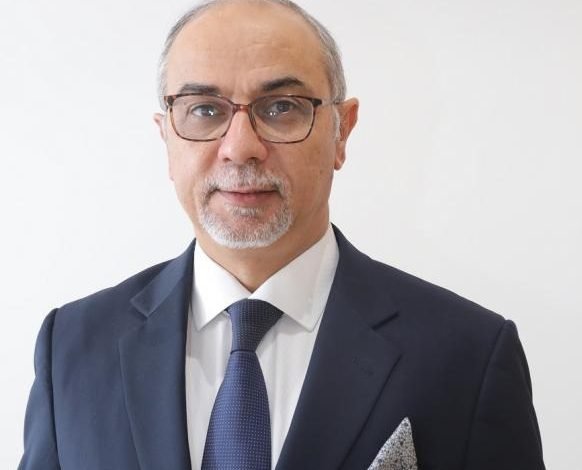
By : JD
Jordan Daily – The post-World War II economic system is facing renewed challenges as global trade dynamics evolve and protectionist policies re-emerge, according to Dr. Khalid Al-Wazani, Professor of Economics and Public Policy at the Mohammed Bin Rashid School of Government.
Al-Wazani highlights in an artcle that while the IMF and World Bank began operations shortly after 1945, the third planned institution—the International Trade Organization (ITO) —never materialized due to fears over liberalizing trade during a period of widespread industrial destruction.
He explains that leading economies, particularly in Europe, turned to “competitive protectionism,” combining high external tariffs with internal policies such as “quality standards, investment in R&D, affordable energy, and workforce training,” ultimately leading to a powerful, unified European market.
“The European experience showed the strength and effectiveness of gradual trade liberalization,” he said.
Tariffs, he argues, were never ends in themselves. “They were never a source of state revenue, nor a means to block trade, but rather a tool to support emerging industries,” he wrote.
Al-Wazani who was the Director General for the Jordan Customs Department and Director General of Social Security Corporation, warns that in today’s interconnected markets, “tariff protection will no longer benefit those hiding behind it,” and could instead lead to “distortions in local markets, rising input costs, and pressure on producers to compromise on quality.”
“The losers in protectionist markets are consumers, local currencies, and monetary policymakers – the damage will hit everyone,” he said.
Looking ahead, Al-Wazani predicts a move toward “a new global monetary system,” potentially driven by “digital currencies, national currency baskets, and bilateral or bloc-based settlements.”
He concludes: “Trump-era destructive trade policies will accelerate the rise of a new global monetary dawn… with a fixed exchange system beyond the dollar’s control.”

